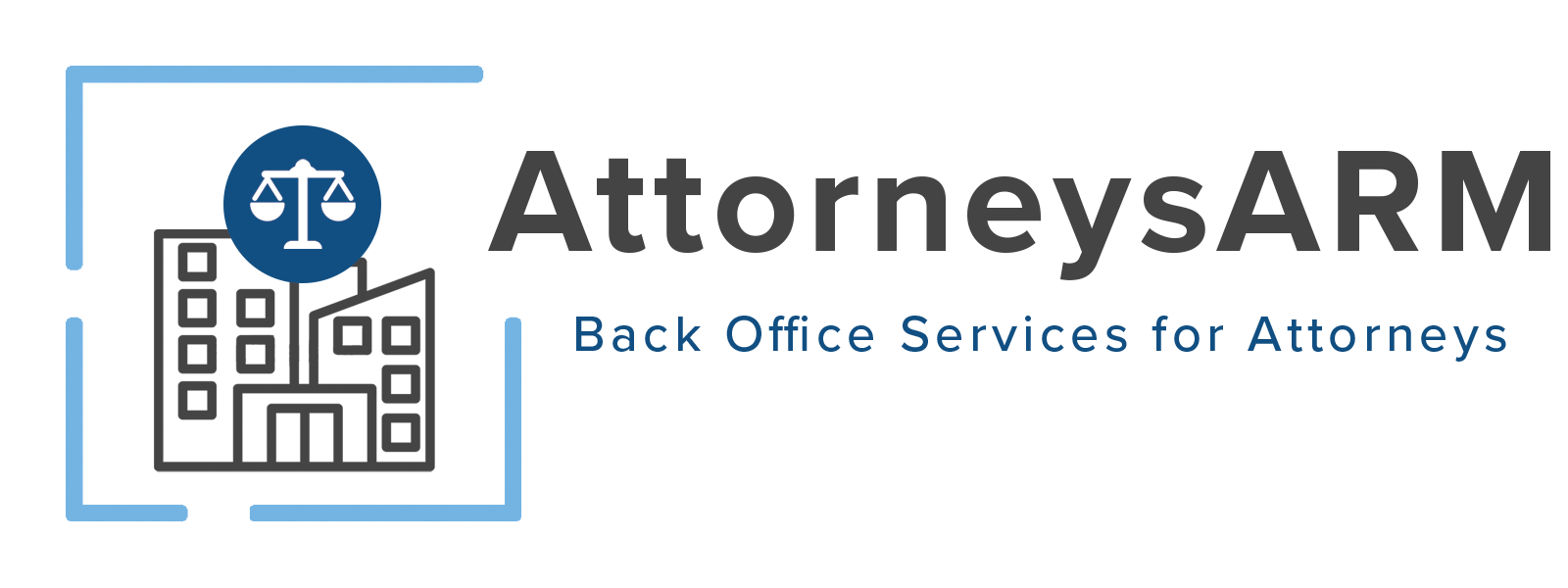What is accounts receivable and why is it important to your business? This is a great question that many new small business owners need to understand so that they increase the likelihood of succeeding . In this post, we will go over some basics of accounts receivable and answer your questions.
What Does Accounts Receivable Even Mean?
Accounts receivable (AR) is money you are owed and haven’t collected yet. This could be a taking a case and working on it then billing the client once the retainer has been used. Most lawyers take a retainer before starting a case, but that money may not cover the entire case. It’s like good faith money. The lawyer and client may enter into a payment arrangement for the rest of the money that is owed. That money would be considered accounts receivable.
If a contractor starts working on a building with the agreement they will get paid at certain times during construction, that would be accounts receivable until the money is paid. After a payment is made, that money then goes into your business’s cash flow or listed under your sales.
When Would I Need to Use AR?
Anytime time you provide a service or item without immediate payment, you should log it under accounts receivable. This not only allows you to keep track of what may be owed to you, but also how long it’s been owed. Keeping a designated file for this and checking it daily is good business practice. You could also choose to use an accounts receivable software that automates invoices and billing notices. It helps you keep up with your clients, past due notices, as well as giving you something you can use as collateral if you need a business loan for any reason. Many lending companies will ask for an accounts receivable ledger when the loan is for business purposes.
What If I Don’t Get Paid?
That’s what your accounts receivable is for! Your accounts receivable should have a few different sections. Some of these could be “current,” “30 days past due,” and “60 or more days past due.” This way, you can see when a payment is missed and take the appropriate steps to correct that. Accounts receivable helps you set up systems for collections. It also guides how you want to handle past due accounts. There are a variety of ways, such as calling the client within the week of the missed payment, sending a letter detailing late charges if payments are not made, or moving on to collections action at the right time.
Collections Action? How Does Accounts Receivable Help with That?
By having your accounts receivable ready when starting collections, or hiring a collection agency to do it for you, you save yourself time by not needing to go back and find all the dates missed, beginning of the debt, principal, and interest amounts, and collecting other necessary information. The time it takes to put information into your accounts receivable file at the time of debt creation compared to the time it would take to do it weeks or months later really adds up. That’s time you could then put into expanding your business or bringing in new clients!
Clients ARM Knows the Ropes!
Clients ARM has over 30 years experience in accounts receivable as well as collections (both first and third party), and can help you with any questions you may have. We offer many back-office services as well to help you help your business. Need a consultation? It’s free and we would love to hear from you! Contact us today!




